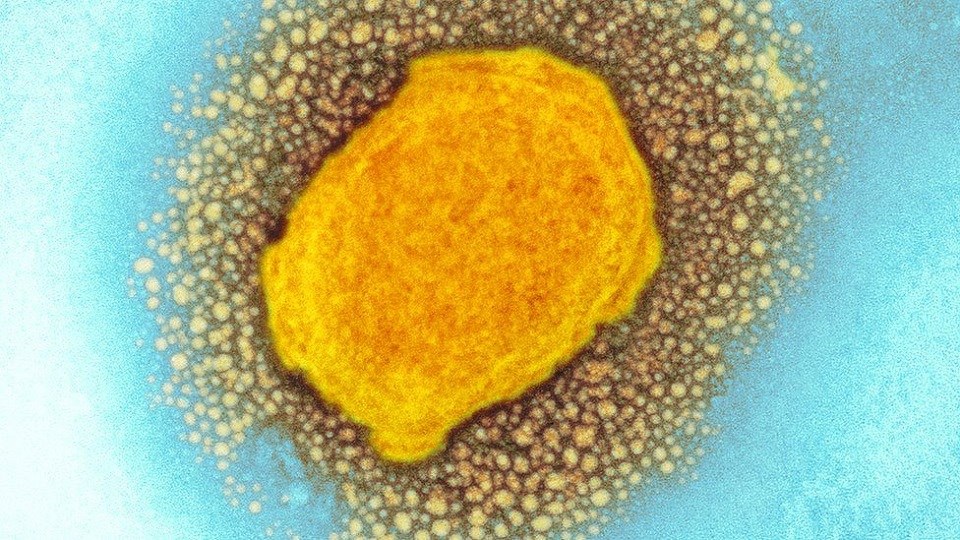Boulder County Public Health and its partners are getting the word out about the monkeypox outbreak in the U.S. and what people can do to stay safe.
The health department held an online public information session in partnership with the Boulder County AIDS Project, Out Boulder County and the Center for People with Disabilities on Wednesday.
Monkeypox, also referred to as MPX, is a rare but serious disease that can spread person to person when someone who has monkeypox has close contact with someone else. Data collected by the Centers for Disease Control and Prevention on the current outbreak in the U.S. — with about 10,000 cases reported so far — shows that the vast majority of cases to date have reported male to male sexual or close initmate contact prior to infection.
“However, it is important to remember that anybody can get MPX regardless of their sexual orientation or gender identity, and some people will become infected in the absense of any sexual contact at all,” said Alayna Younger, interim regional epidemiologist for BCPH.
Younger explained that while monkeypox infection can happen during sexual activities, it is not considered a sexually transmitted infection. Sex is just one of many ways direct skin to skin contact can occur.
BCPH Interim Executive Director Lexi Nolen emphasized the desire to balance real fears without stigmatizing the outbreak.
“We’re especially focused on not minimizing the real fear among the LGBTQ+ population, especially those that live with HIV/AIDS,” Nolen said. “We know we made so many mistakes in that era that we do not want to repeat. Additionally we have more recent lessons from COVID about how to really respond to these stresses without minimizing fear but also without stigmatizing.”
There have been 111 cases of monkeypox reported in Colorado as of Thursday, including four in Boulder County. Younger added that the health department expects that number to rise.
Mariah Frank, prevention director for the Boulder County AIDS Project, explained that while monkeypox is not directly related to HIV, the organization felt it necessary to come to the table. She emphasized that the virus is not a reason to alienate people or an indicator that someone is less worthy of medical care or compassion.
“We know all too well what can happen when fear and stigma drive the conversation,” Frank said.
She advised that people reduce skin to skin contact, using clothing as a barrier when going dancing, to bars or in bed with someone. Frank added that using early and open communication is a helpful form of prevention.
“Being able to talk about how you’re feeling, how someone else is feeling and asking specifically about any MPX symptoms someone may be experiencing before having physical contact with that person is going to help prevent MPX transmission,” she said.
BCPH infection preventionist Stacy Farman said currently, people only need to be tested for monkeypox if they have a rash and suspect they have been exposed. The public should contact their health care provider to discuss testing or contact one of the testing locations listed on the state’s website.
There are currently no walk-in testing locations available in Boulder County.
Bruce Parker, deputy director of Out Boulder County, added that the nonprofit is working to launch a program that will help people pay for monkeypox testing along with a volunteer program to provide aid to people who need to quarantine, as monkeypox quarantine can last several weeks.
If someone has been exposed to monkeypox, health officials recommend getting a vaccine as soon as possible. However, the state and county currently have an extremely limited supply of the vaccine from the federal government.
“That’s why the supply and all the resources are going to the people who need it the most,” said Lizbeth Mendoza, BCPH health equity coordinator.
Specifically, the vaccine is only going to those determined eligible by the CDC, specifically gay, bisexual and other men who have sex with men who have had multiple sexual partners or partners they did not previously know in the last 14 days or anyone who believes they have been in close contact with someon who has monkeypox in the last 14 days.
Find more information or watch the entire community meeting by going to Boulder County’s monkeypox webpage.



